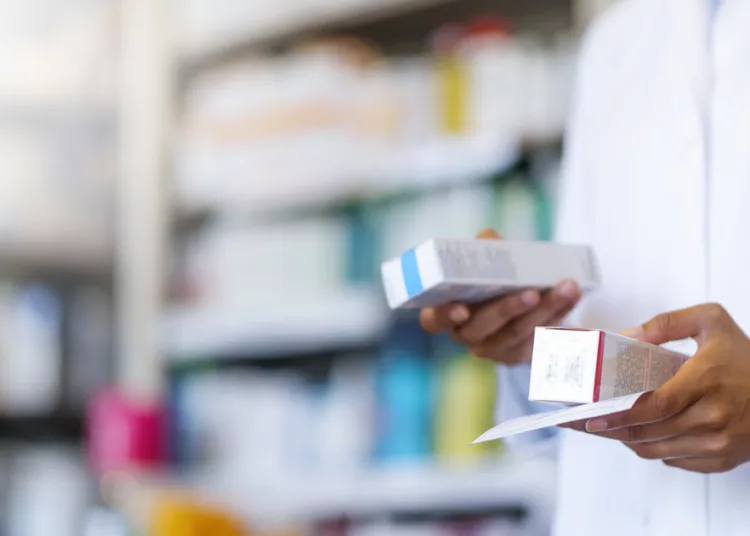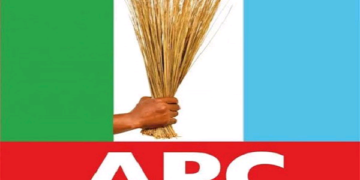Association of Industrial Pharmacists of Nigeria (NAIP) has attributed the increased prices of drugs in the country to the high cost of diesel and forex.
This is even as the association has voiced grave concern over the detrimental implications of the current economic climate on the country’s import and manufacturing of pharmaceuticals.
NAIP chairman, Kenneth Onuegbu, in an interview with LEADERSHIP, hinted that if the government did not move to address these two pressing problems – the high price of fuel and the lack of foreign exchange – Nigerian pharmaceutical companies may find it more difficult to supply essential drugs at affordable rates.
Outlining the key challenges faced by the pharmaceutical sector, Onuegbu said, “We have insecurity issues, and how to get the medication from the point of production to the final consumer is another challenge that we have not been able to solve. To access forex is a big challenge. The process can take a year to get the CBN-subsidised rate, hence, we resort to the black market. We buy dollars at the rate of N1,300.00 which automatically affects production.
“If we don’t do something about it, there is going to be a scarcity of essential medicines. We must call for the domestication of medications to reduce the production cost.”
He further pointed out that the environment is over-regulated.
“Our regulations ought to have a Nigeria face; we cannot be promoting local production when you are making it difficult for them to start.
“Government needs to tackle insecurity, epileptic power supply, forex and a host of others if they really want pharmaceutical companies to survive in this country,” he said.
Also, the president, Pharmaceutical Society of Nigeria (PSN), Prof. Cyril Usifoh, told LEADERSHIP that it was extremely crucial that Nigeria produce its Active Pharmaceutical Ingredients (APIs) used in the production of drugs, to cut down the cost of drugs.
According to him, without APIs, drugs cannot be produced.
Usifoh claimed that all pharmaceutical companies in Nigeria import APIs to produce their drugs locally.
The PSN president expressed concern over the high cost of medicines as it affects the common man, while calling on the government to provide an enabling environment for local production of drugs.
He said, “When you provide an enabling environment, assuming we get the issue of energy right, that will reduce the cost of production drastically. Also, if we have our petrochemicals such as APIs, we will even sell drugs to other West African countries, thereby increasing our internal foreign exchange earnings.
“So, I think telling us to look inward will help us. By the time there is increased local production,that will also help. I think NAFDAC is working judiciously on that, that is why they will always tell you that if you import drugs, after three or five years, you should be able to get the infrastructure to make sure that we produce in the country and when you do so, that will affect foreign exchange and employment.”
However, Usifoh hinted that the federal government was working closely with pharmaceutical companies towards increasing local production.
“They dialogue with pharmaceutical companies so that we meet some of these and bring the cost of drugs down. When there is medical security, we can guarantee what is happening, not like what happened during the COVID era; if it happens now, it’s going to be disastrous.”
Meanwhile, the federal government has disclosed that it will be partnering with the private sector to boost local production of drugs to 60 per cent.
The special adviser to the president on Health, Dr Salma Ibrahim Anas, who disclosed this at a conference, in Lagos, averred that the Tinubu-led administration is focusing on medical industrialisation.











